Staff Genes in Behaviour and Health (Research)
Staff Genes in Behaviour and Health (Research)
In het kort zijn wij:
Wonu Akingbuwa
Wonu Akingbuwa is a post-doctoral researcher in the field of statistical genetics, investigating the role of genetic variants in psychiatric traits across the allele frequency spectrum. The interdisciplinary nature of her academic training and research experience means that she has gained an appreciation for the importance of using different approaches to investigate psychiatric aetiologia. As such her main research interests lie in the integration of different analytical techniques in order to gain a well-rounded view of the processes underlying psychopathology. She has used methods such as structural equation modelling, polygenic score analyses, and rare variant analyses using exome sequenced data, to investigate different psychiatric phenotypes including schizophrenia and depression. She teaches the course Gene Finding: Genome-Wide Association Studies and beyond, alongside Floris Huider. Wonu is also the coordinator of the second year internships.
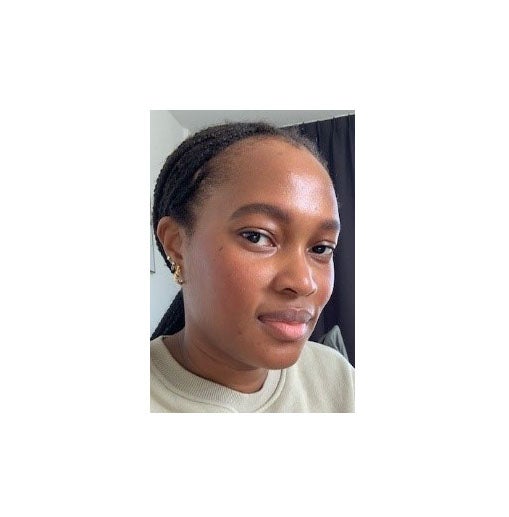
Meike Bartels
Meike Bartels is Professor in Genetics and Wellbeing at the department of Biological Psychology. Instead of wondering why people are ill and invest largely in unraveling the risk factors, she wonders why so many people are protected or resilient. Why do many individuals stay healthy and happy even when faced with severe adversity? What are the protective factors? And finally, why are most people happy most of the time? Within her line of research, she wants to contribute to finding answers to these societally highly relevant questions by applying an interdisciplinary focus on genetics, environment, and its complex interplay. Her strong interest in individual differences is also reflected in the course Personalised Medicine and Health, that she coordinates in the research Master. In this course the past, present, and future of personalised medicine is discussed in detail to give the students more insight into the challenging, complex, but bright future of medicine with all the knowledge that is created based on behavioural and molecular genetic studies.
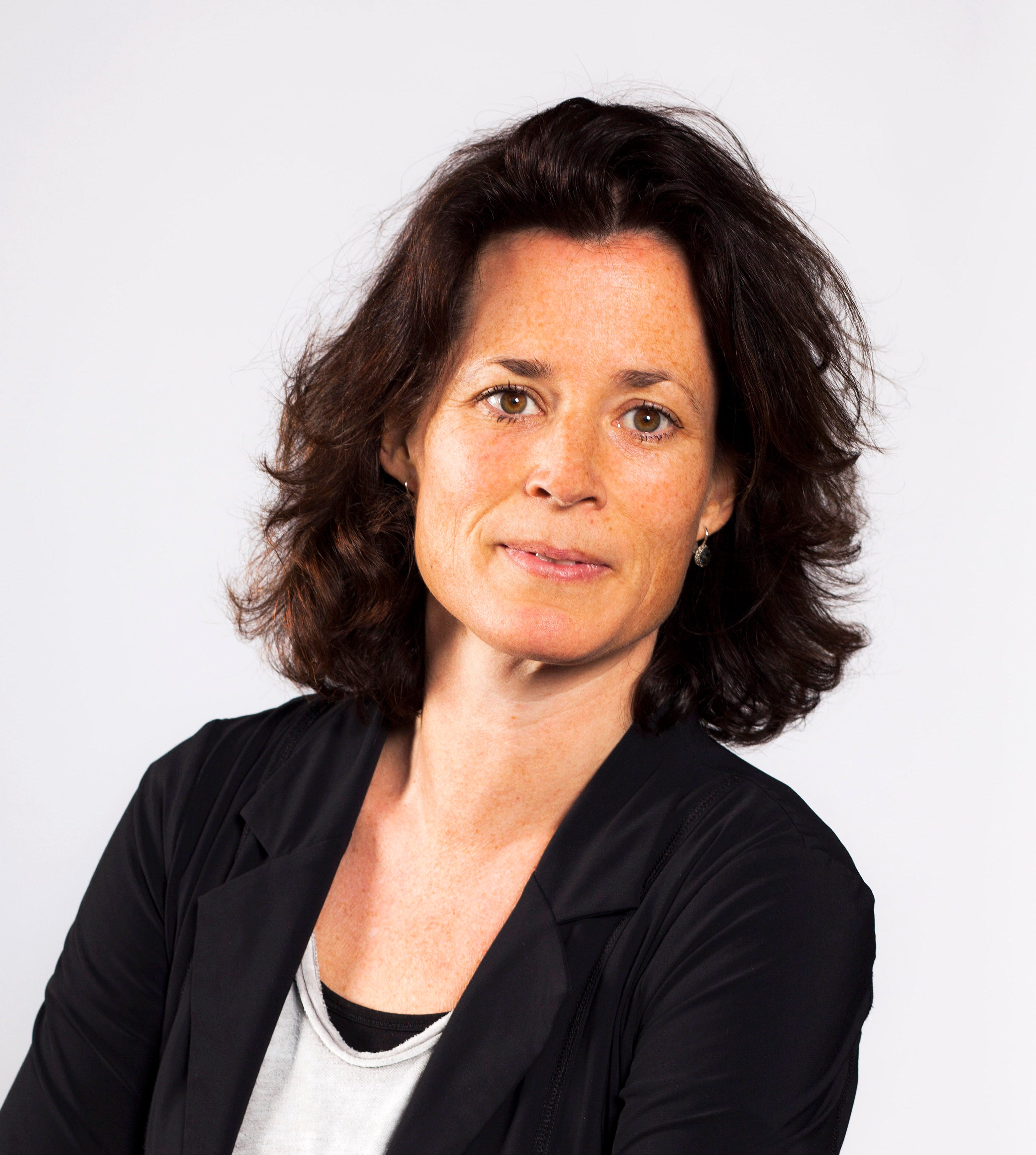
Elsje van Bergen
Elsje van Bergen studies causes and consequences of individual differences in learning. She integrates theories and methods from psychology, education, and genetics to study educational achievement and difficulties. For example, she studies the interplay between genetic and environmental influences on educational skills like reading. Elsje van Bergen is an Associate Professor at Biological Psychology and LEARN! at Vrije Universiteit Amsterdam. Before taking up this position she was a postdoctoral research fellow in developmental psychology at the University of Oxford. She obtained he PhD in educational sciences at the University of Amsterdam. She was a Rubicon Fellow, Oxford Junior Research Fellow (both 2012-2015), and Veni Fellow (2016-2020) and the recipient of early career awards from the Society for the Scientific Study of Reading, the Association for Psychological Science, and the Federation of Associations in Behavioral & Brain Sciences. Course: Grant Writing and Science Communication.

Anouk den Braber
Anouk den Braber has a background in Biomedical Sciences (BSc) and Neurosciences (MSc) and obtained extensive experience with twin modelling and neuroimaging genetics analysis during her PhD and Postdoc position at the department of Biological Psychology (2008-2014). Since 2014, Anouk is co-PI of the longitudinal PreclinAD Twin60++ study that aims to validate existing and discover new markers for early Alzheimer’s Disease pathology in cognitively normal elderly individuals; identify prognostic markers for cognitive decline in cognitively normal subjects with Alzheimer’s Disease pathology and determine the contribution of genetic and environmental influences on these markers. Using samples from the NTR biobank study they are currently investigating the added value of plasma biomarkers for AD diagnosis and prognosis. Courses: Anouk is a teacher in the courses Introduction to omics and Brain Imaging Genetics.
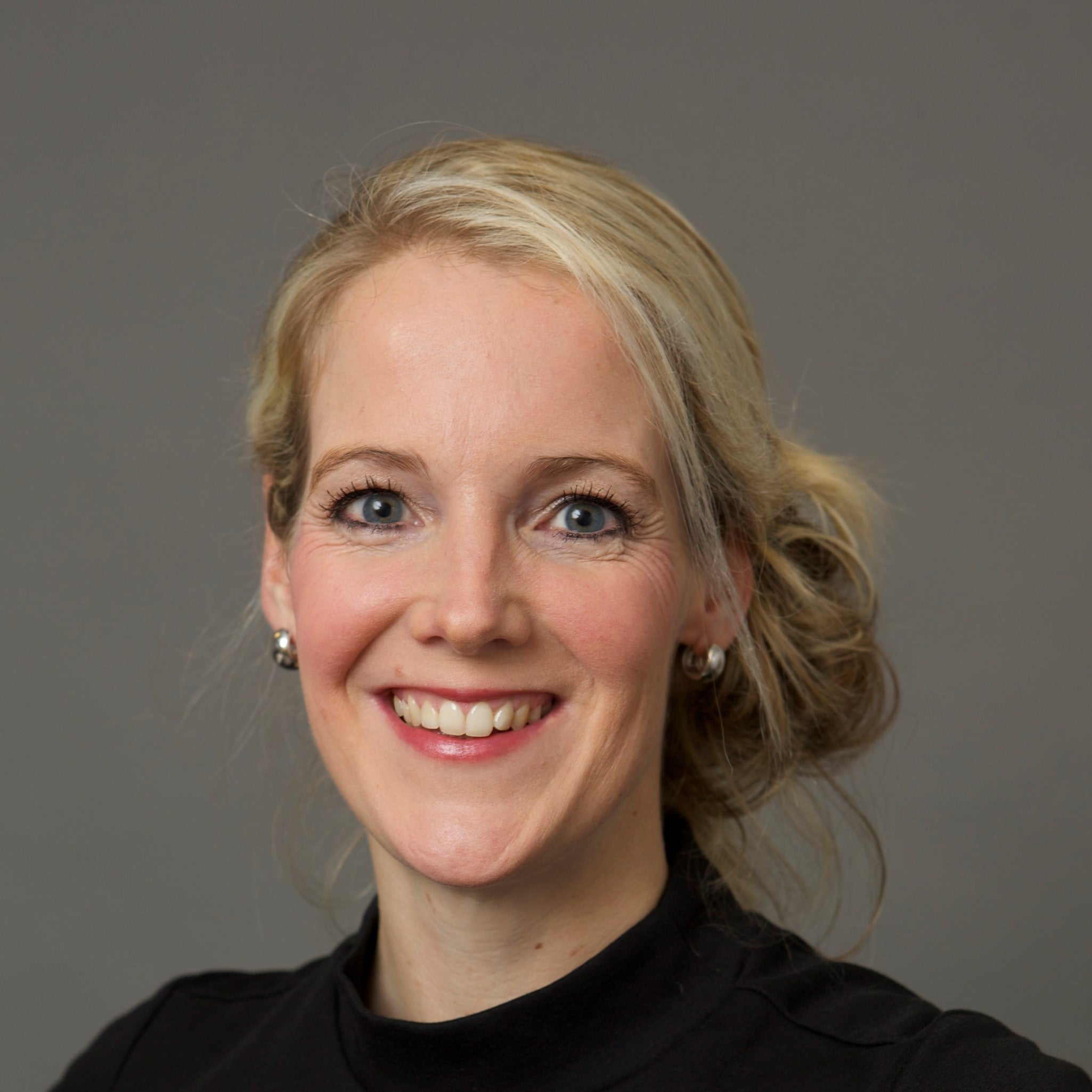
Conor Dolan
Conor Dolan is a professor at the department of Biological Psychology (VU). His main interest is in genetic statistical modeling in the context of genetically informative designs (notably the classical twin design) with the aim of addressing interplay among genotypic and environmental variables. His recent work has addressed the use of polygenic scores in the study of interplay in genetically informative designs. Courses: Statistical programming in R and Python, Behavioural Genetics, Complex Trait Genetics.

Jenny van Dongen
Jenny van Dongen is an Associate Professor at the Department of Biological Psychology at VU Amsterdam. She holds a bachelor’s degree in biology, a master’s degree in neurosciences, and obtained her PhD in 2015 at the Vrije Universiteit Amsterdam on her thesis entitled “(Epi) genetics and twins”. She is interested in how the interplay between the genome, epigenome (DNA methylation), and environment gives rise to variation in complex traits. Her current research focuses on epigenetic signatures of monozygotic twinning, ageing and environmental exposures, and she is an active member of the Genetics of DNA methylation Consortium (GoDMC). She is the secretary of the Research Master Genes in Behaviour and Health and coordinator of the course Epigenomics and Sequencing in Behaviour and Health.
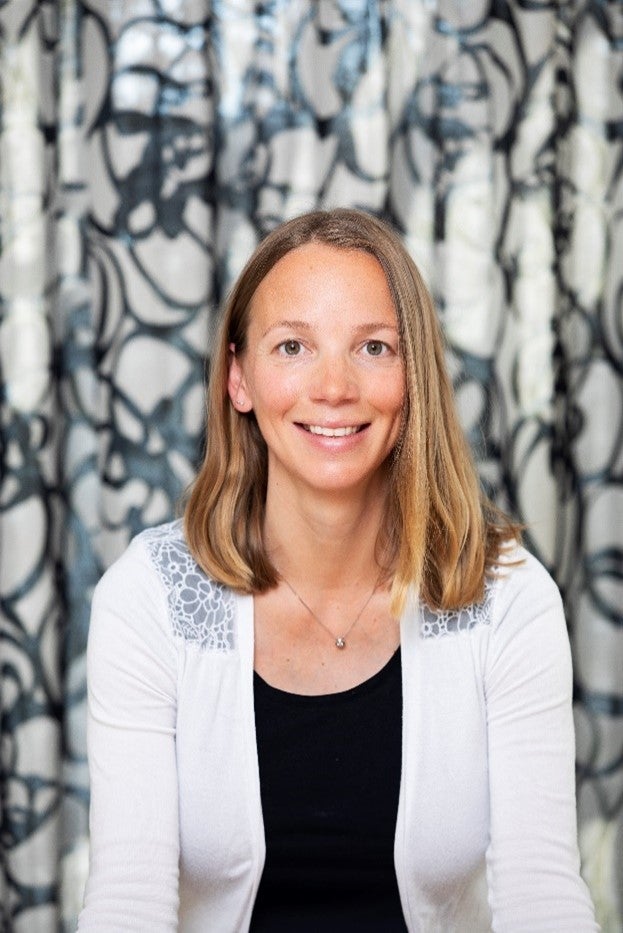
Dennis van 't Ent
Dennis van 't Ents research interest lies in investigating individual differences in brain structure and function and how these differences relate to individual variation in behavioural characteristics. To this end, he collects and analyses neuroimaging data (obtained primarily through Magnetic Resonance Imaging (MRI)) in genetically informative samples from monozygotic and dizygotic twins and additional relatives. In terms of the merits of this work, he particularly likes to highlight the results of collaborations with international consortia (such as the ENIGMA consortium). Combining genome, brain and behaviour data from research institutes around the world results in large datasets with increased statistical power to find relevant differences. Large-sample studies powered by these collaborative efforts have provided important insights into the genetics of brain structure and function and the biological pathways of behavioural differences and neurological and psychiatric diseases. Van 't Ent is a coordinator and teacher of various courses in the VU's Bachelors degree program in Psychology as well as director of the Bachelor Psychology program. For the Research Master Genes in Behaviour and health he is involved in the coordination and teaching of the 1st year course Brain Imaging Genetics.
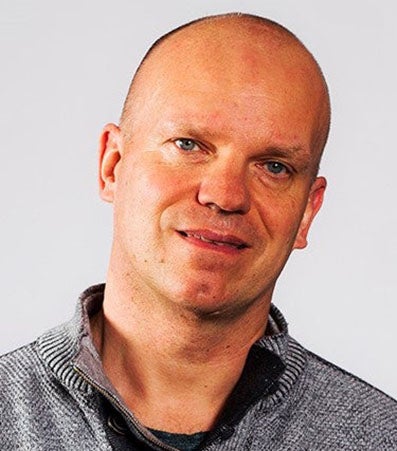
Bruno Sauce
Bruno Sauce is the director of the Research Master Genes in Behaviour and Health. He grew up in Brazil, where he earned a Bachelor's degree in biology and a Master's degree in molecular genetics and evolution at UFSCar. He then moved to the US and towards psychology (a late-blooming passion) – earning a Master's in psychology and a PhD in neuroscience at Rutgers University. After that, Bruno moved to Sweden to work as a postdoctoral researcher at Karolinska Institute. Then, finally, to the Netherlands as an assistant professor at the VU. Throughout all this moving around, Bruno has done research on a variety of topics: the evolution of sociality, the genetic architecture of maternal care, the transmission of stress and metabolic disorders across generations, the psychometrics of attention, working memory, and intelligence, the anatomical and molecular factors behind brain plasticity, the efficacy of cognitive enhancement, etc. Right now, Bruno's research focuses on the gene-environment interplay of cognitive abilities. He wants to know the impact of certain experiences (like playing video games, using social media, physically exercising, and growing up in wealth/poverty) on the way we think and learn, and how much this depends on our different genetic backgrounds. Courses: Causation in a World of Gene-Environment Interplay & Internship 1.

Eco de Geus
The leitmotiv of de Geus’ research is the psychophysiological study of individual differences in behaviour and health. Controlled experiments and genetic epidemiological strategies are used to test contribution of genes, stress and regular exercise to cardiovascular health and mental health. Mental health is studied by a variety of survey measures and diagnostic interviews (e.g. CIDI). Cardiovascular health is studied in the laboratory by recording cardiovascular, hormonal and metabolic responses to standardized conditions, and in “real life” by using ambulatory measurements of blood pressure, cortisol, and the autonomic nervous system with the VU University Ambulatory Monitoring System (VU-AMS, www.vu-ams.nl). This is a system De Geus developed for 24-hour recordings of peripheral physiology. It is currently used world-wide by over 50 research groups to study stress and emotion in naturalistic settings. In the study of psychological and cardiovascular health a genetic perspective is introduced by means of longitudinal twin family designs and molecular genetic approaches, including candidate gene studies and whole-genome association using SNPs. The genetic architecture of autonomic nervous system activity and regular exerciser behaviour are current focus areas of research. In these areas de Geus emphasizes the gene-environment correlation and interaction perspectives, e.g. by looking explicitly also at gene-stress and gene-exercise interactions, and the use of genetically informative studies to unravel causality. Course: Grant Writing and Science Communication.
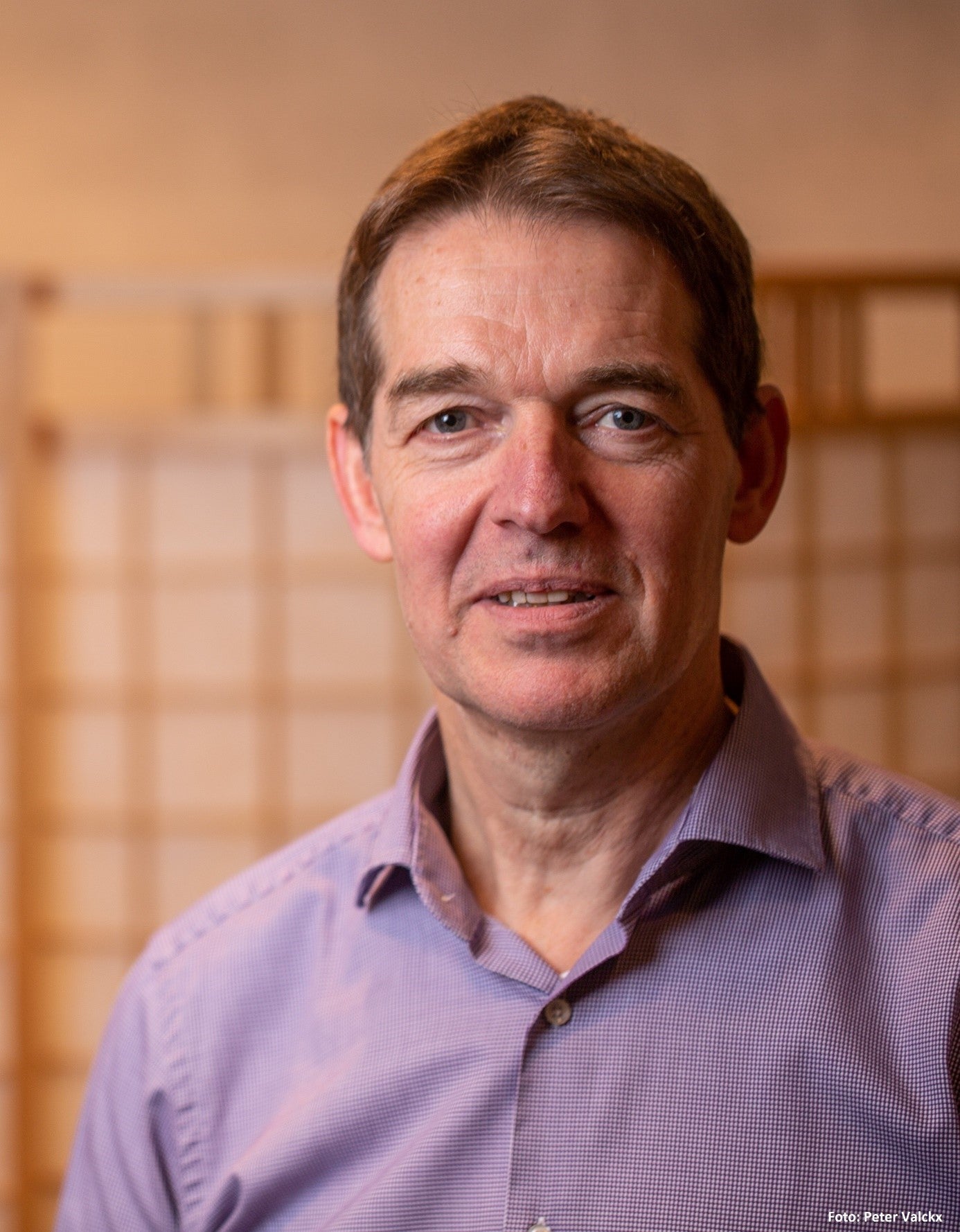
René Pool
René Pool has a background in medicinal chemistry (VU). He received his PhD at the University of Amsterdam in the field of Computational Physics & Chemistry. Since 2012 he works as assistant professor at the department of Biological Psychology. Here he works on the metabolomics data sets collected by the Netherlands Twin Register (NTR). These data comprise hundreds of metabolic variables measured in over 6000 NTR subjects. Biologically, the metabolome can be viewed as an intermediate level in the framework starting at the genome and ending at biological function, e.g. behaviour. Metabolomics can therefore be utilized to gain detailed insights in biological (dis)function. The field of metabolomics brings together his interests in (bio)chemistry, in systems biology and in analyses of multi-dimensional data. Apart from metabolomics he actively manages the VU Biological Psychology polygenic risk score data resource comprising of risk scores in NTR for almost 250 phenotypes. As a result of his interest and experience in computational science, he is the faculty contact for High Performance Computing. Courses: Introduction to omics (RM Genes in Behaviour and Health), Molecular Genetics (Bachelor Psychology, third year).

Susanne Bruins
Susanne Bruins (they/she) is a postdoctoral researcher at the Department of Biological Psychology. They have a BSc in Psychology, an MSc in Genes in Behavior and Health, and a PhD in the field of psychometric genetics. Their research interests focus broadly around the question of how to best measure, model, and study individual differences in behaviour and health, and combining methods from different research fields and paradigms to do so. They are currently studying different risk factors for obesity, and their interactions, to try to answer the question why some people gain or lose weight easier than others. Susanne is involved in teaching the courses Statistical programming in R and Python, and Behavioural Genetics.

Anne Geijsen
Anne Geijsen is a postdoctoral researcher exploring the biological basis of individual differences in wellbeing. Her work uses (multi-)omics approaches to study how genetic and environmental factors shape wellbeing, with a particular interest in the interplay between the gut microbiota and the brain. By viewing wellbeing as a catalyst for moving beyond a one-size-fits-all society, she aims to uncover pathways that can inform more personalised approaches to wellbeing and mental health. With a background in Human Nutrition and Health, she brings a strong motivation to integrate health and lifestyle factors into her research. Anne is involved in the courses Personalised Medicine and Health, Statistical programming in R and Python, and Behavioural Genetics.

Floris Huider
Floris Huider is an Assistant Professor at the Department of Biological Psychology. He holds a BSc in Psychology and an MSc in Behavior Genetics (RM Genes in Behaviour and Health). His research focuses on individual differences in human genetics and their relationship to psychiatric outcomes, particularly depression, through GWAS and post-GWAS genetic methodology. Beyond psychiatry, his interests extend to broader areas of biology and epidemiology, including COVID-19, well-being, the epigenome, body weight, and antidepressant use. He is actively engaged in several national and international research collaborations, serves as coordinator of the Biobanks Netherlands Internet Collaboration project, and manages the Netherlands Twin Register genotype database. Course: Genome-Wide Association Studies and beyond.
